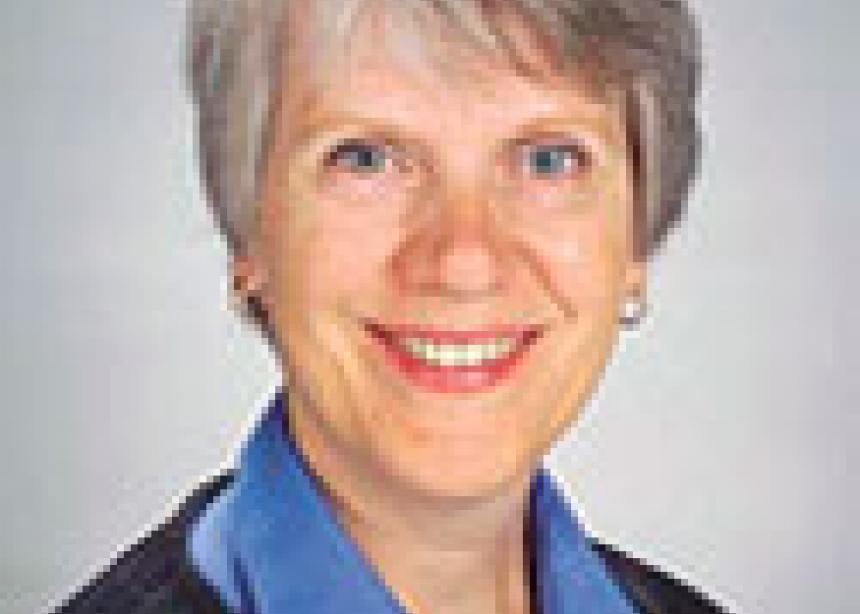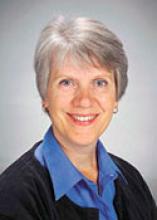We gathered as a church community a few days after death had visited with a stunning blow. For many of us, our first reaction, upon receiving the news, was a cry of disbelief, "No! " Then we added words like "unreal" and, "This can't be, " as if we had the power to go back in time, to turn death's hand and to stop it from taking our loved one.
We were shocked and disoriented. A sudden and unexpected death can leave survivors scrambling to find purpose in a foreign and frightening landscape.
In our dislocation, we made our way to church. With its people, the rituals of faith and the building itself, the church offered stable ground on which we could stand. Leading the congregation that day, I leaned on the Spirit for strength and wisdom.
Words of contrast were given to me and I spoke them to the people. "At an unreal time, " I said, "we come to the church to seek what is real. We come shattered by death, yearning for life and healing. We come with our disbelief, to affirm what we believe. And we come with our cries of 'no, ' longing to hear the 'yes' of God. "
God's 'yes' to life overcomes the 'no' of death. God's reality steadies us when death has served up a shocking unreality. Our belief in Jesus' victory over death sustains us when death separates us from our loved ones. As we grieve, the church community provides us with a place and a people to help us find our way. With its steady pattern of gathering for worship, and its proclamation of Jesus' victory over death, the church gives us a template to aid our mourning and help us heal. This holds true whether death is shockingly abrupt or as gradual as a receding tide.
In November, our thoughts are often on death. Perhaps it's the brown and gray landscape of the northern hemisphere as the earth sheds the green of spring and summer, preparing to be wrapped in the snowy white of winter. Perhaps it's the national remembrance of those who have died in military service, and, for pacifist Christians, the costs of waging war and the call to work for peace. In some churches, All Saints Day on Nov. 1 is an occasion to celebrate and remember the saints.
In my setting, the Mennonite churches of the Prairies often hold an Eternal Life service on the Sunday before First Advent. To prepare, I encourage people to visit the graves of their loved ones, and to share stories of how they have blessed their lives. In our church, we will read the names of those who have died and light candles in their memory. We will sing songs of comfort and hope. We will cry. In doing so, the church provides a container for grief, and helps us carry our loss and claim our Christian hope.
As real and natural as death is, it does not represent the final answer for Christians. We must face it, accept the changes it brings and honour the loss of the physical presence of our loved one. Yet we do not mourn as those without hope. We join in the voices of the saints across the ages, scoffing with the Apostle Paul, "Where, O death, is your victory? Where, O death, is your sting? " (I Corinthians 15:55) This is our Christian hope, God's 'yes' to the futile 'no' of death.
Melissa Miller (familyties@mymts.net) lives in Winnipeg. She is wrapped in the family ties of daughter, sister, wife, mother, friend and pastor.



Add new comment
Canadian Mennonite invites comments and encourages constructive discussion about our content. Actual full names (first and last) are required. Comments are moderated and may be edited. They will not appear online until approved and will be posted during business hours. Some comments may be reproduced in print.